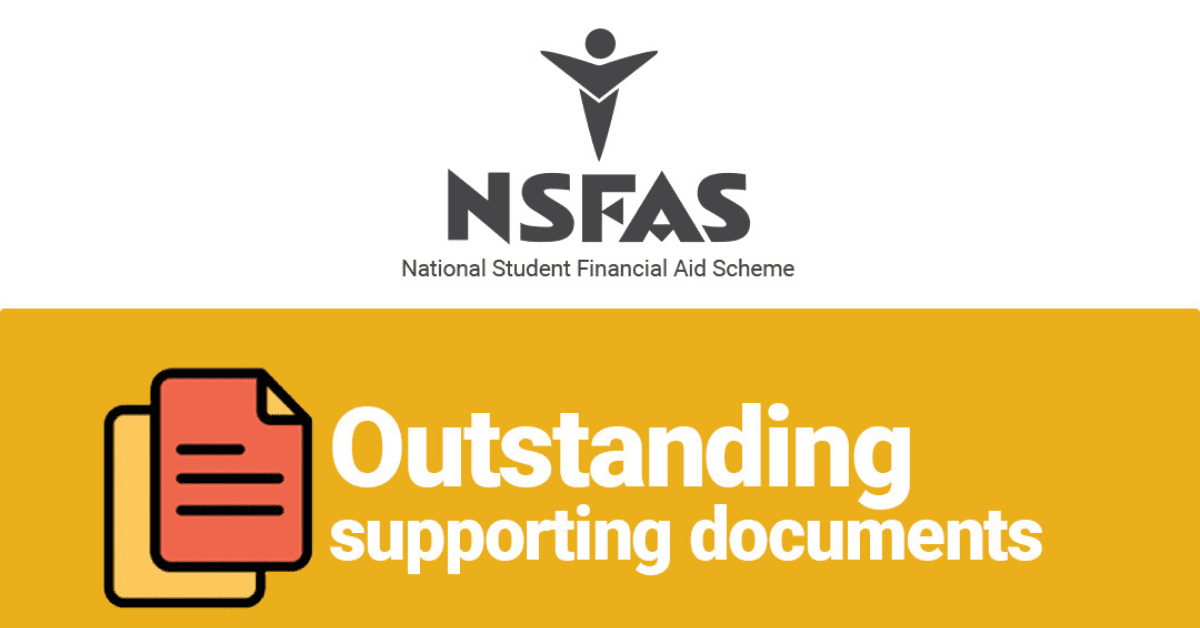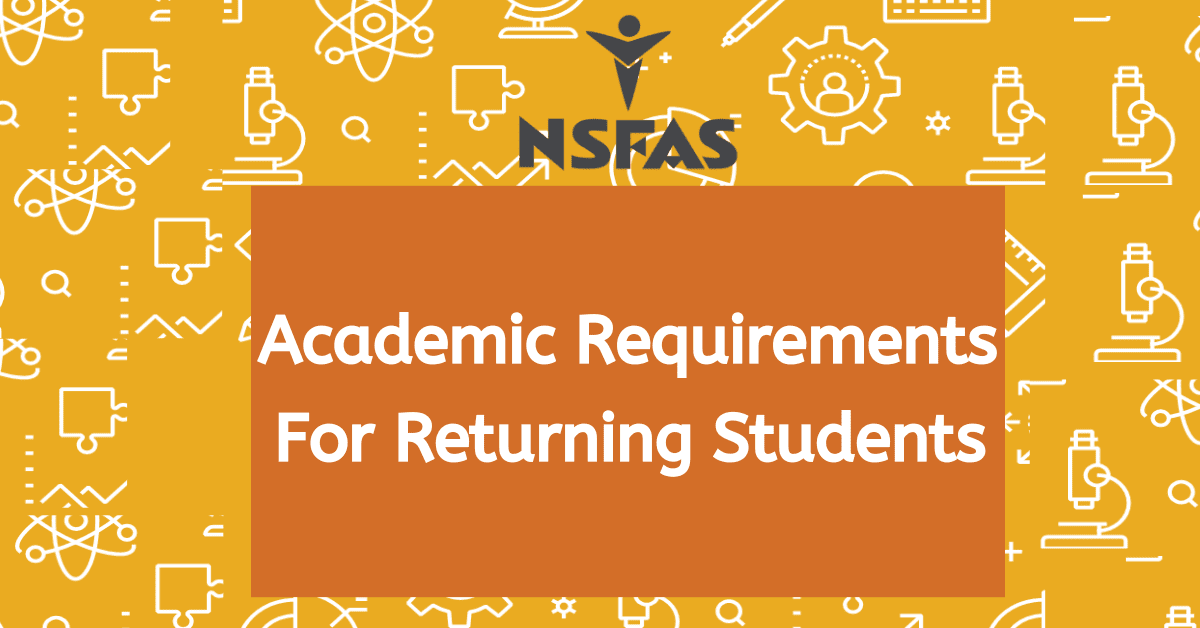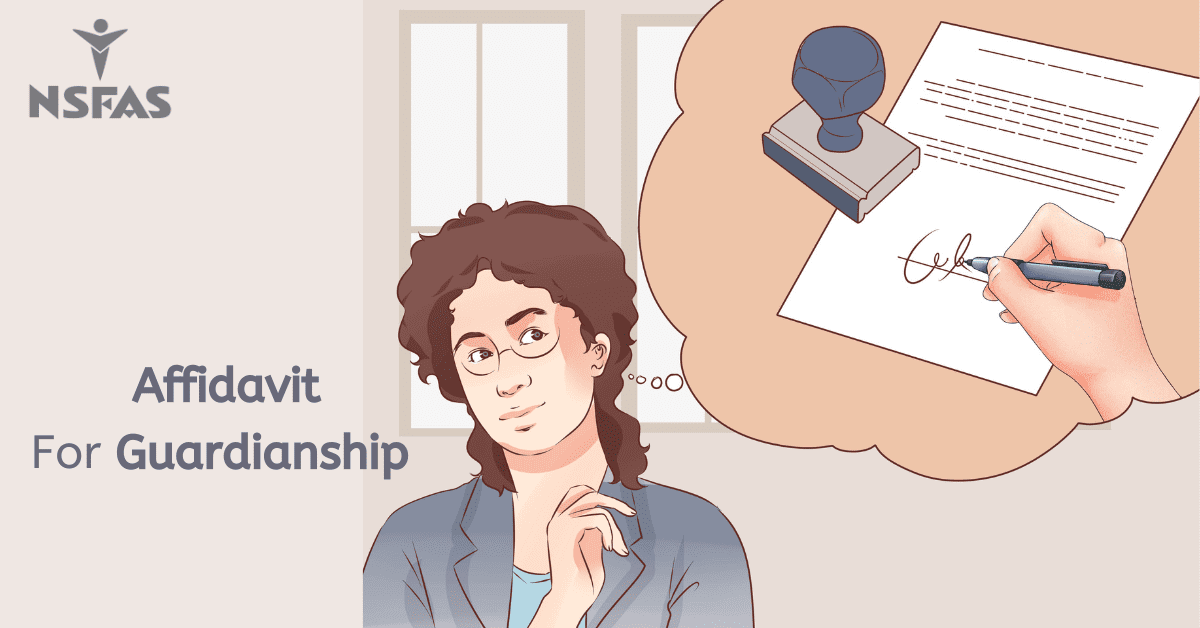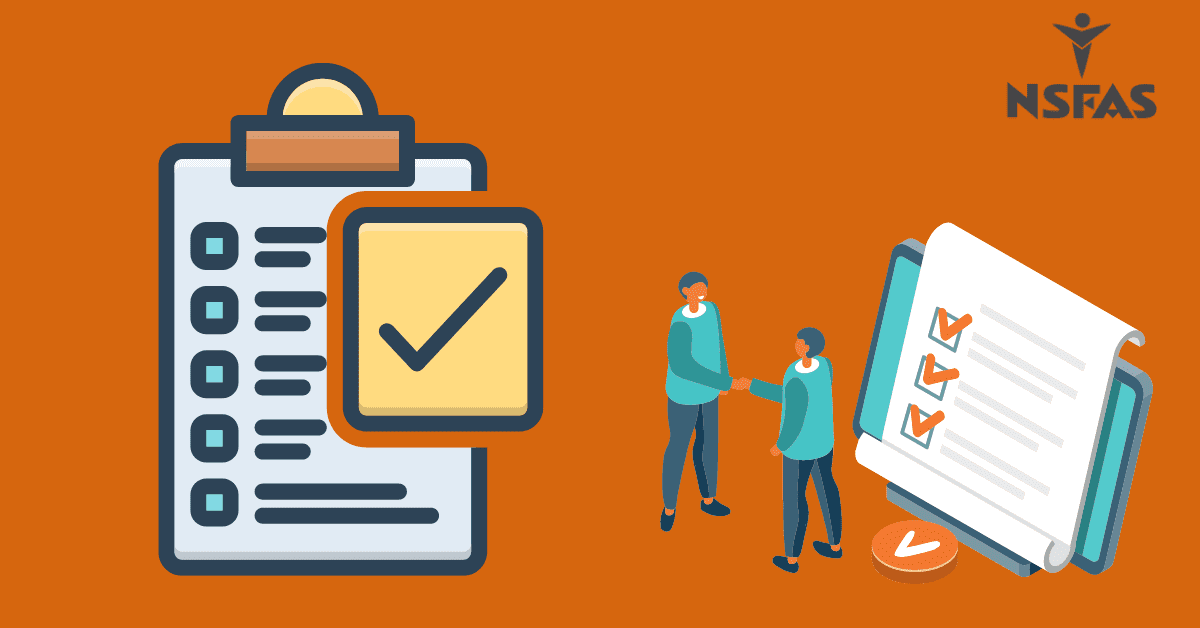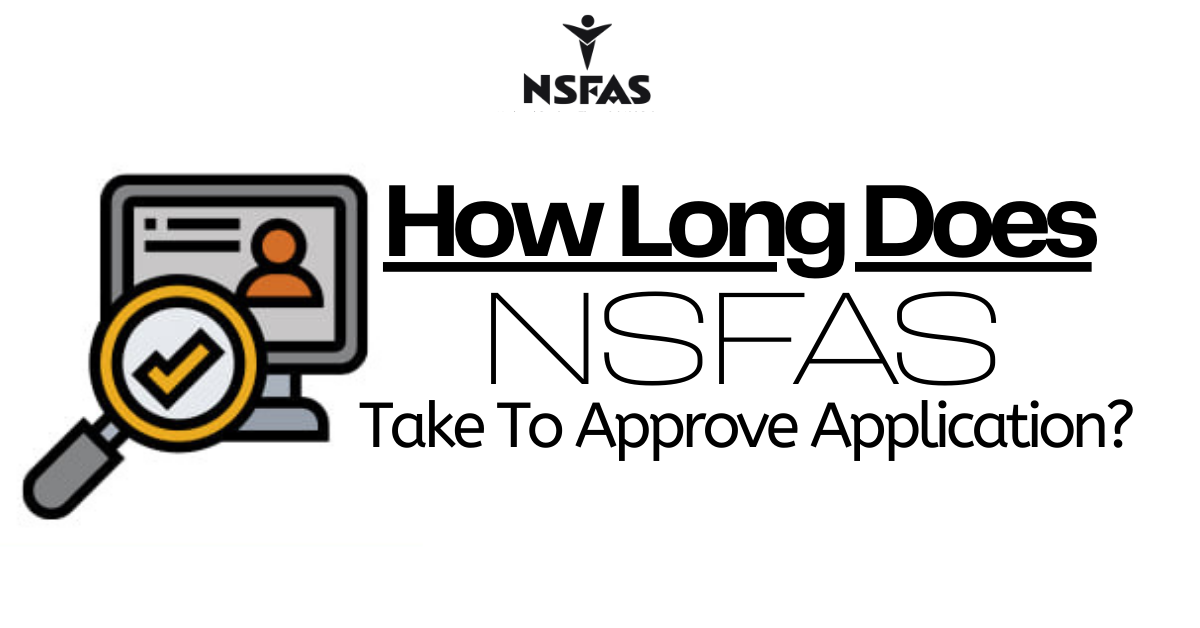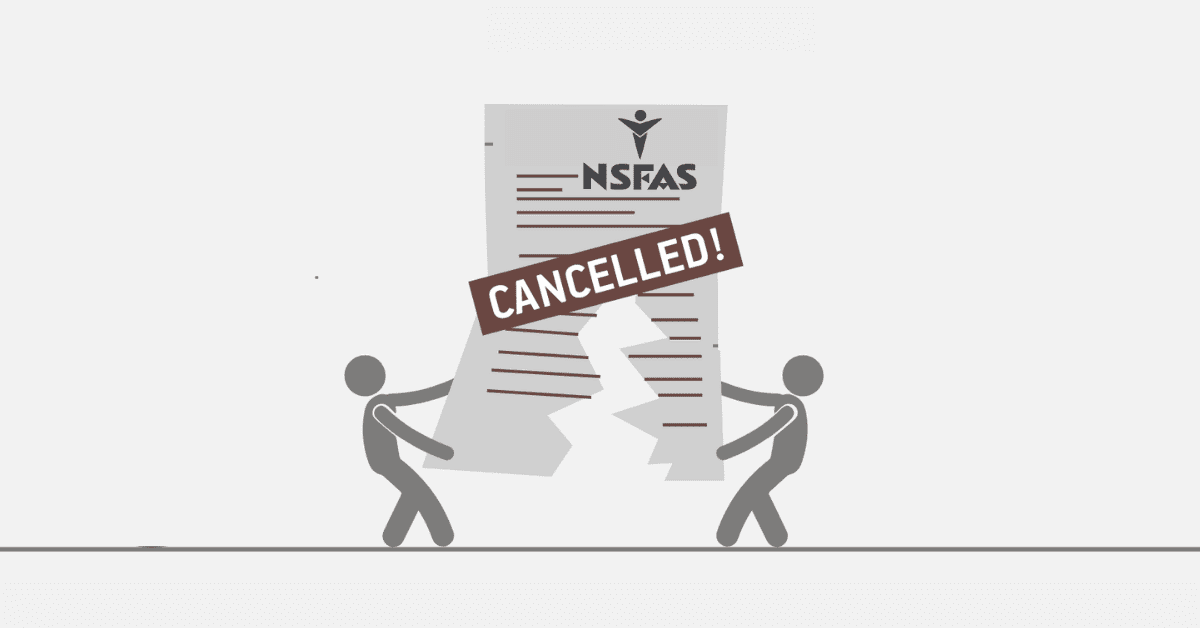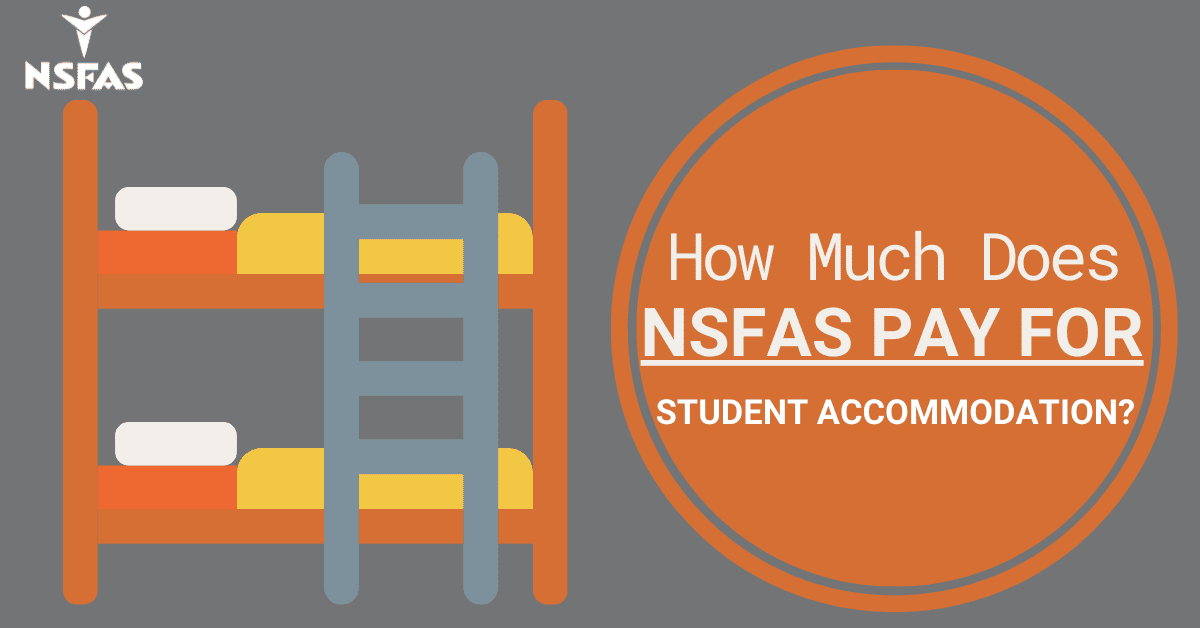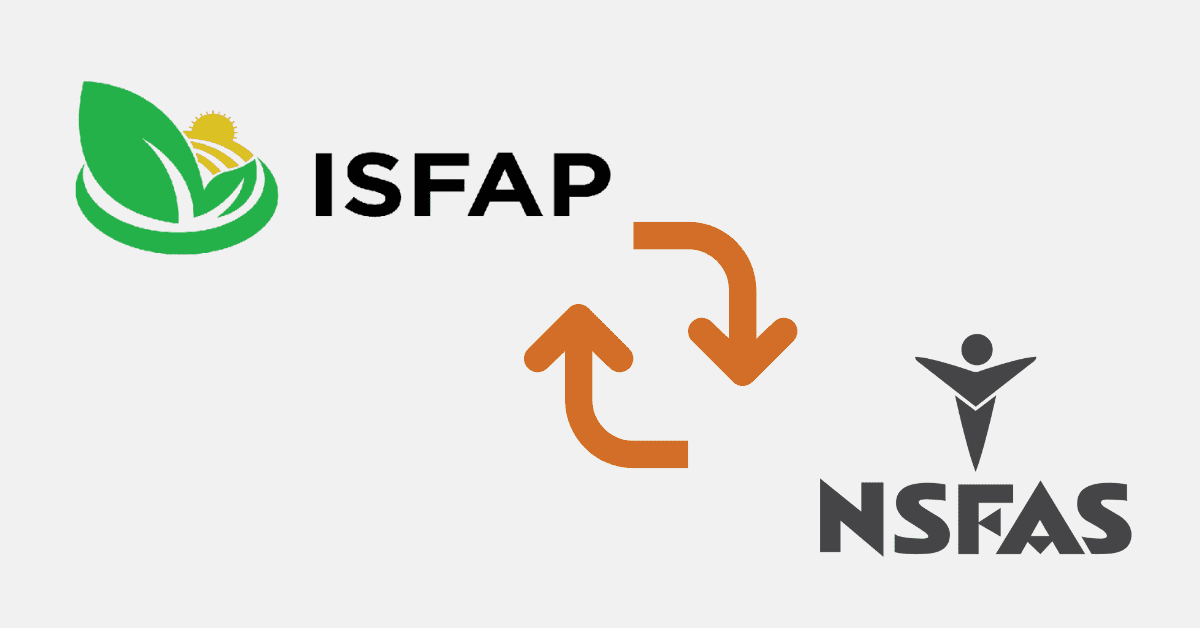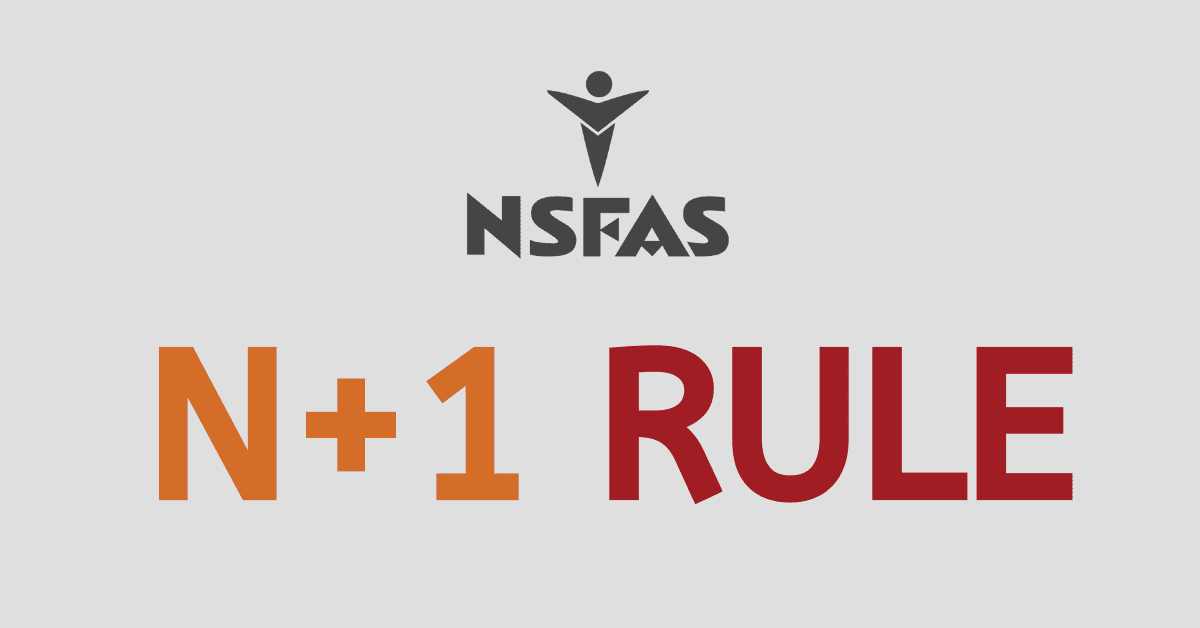We all want to better ourselves and our future income prospects with a solid and useful tertiary educational degree that will open up new doors and help us achieve financial freedom in the future. However, despite your best intentions, your academic career may not progress quite as you planned, and you may find yourself failing to meet the minimum academic standards required by NSFAS if you want to continue funding. While in most cases, this will simply lead to the cancellation of your funding, there are some circumstances where you can appeal this and ask for a term extension beyond the N+1 rule.
That is where the Letter of Propensity comes in. With a fancy name and not much information offered by NSFAS about their expectations, this can be a very tricky concept to understand. Today we’ve compiled some more information about what is expected and how to ensure you get a great Letter of Propensity to help you.
What Is a Letter Of Propensity For NSFAS?
A letter of propensity is a type of letter used in the NSFAS appeals process if you are on the verge of completing your qualification but need just a little extra time beyond the N+1 rule and desperately require funding. In the broadest sense, a Letter of Propensity is a motivational letter you receive from your educators and institution of study to explain to the NSFAS why you deserve a little extra funding and consideration despite not achieving the stated academic benchmarks within the time limit which NSFAS uses. The word ‘propensity,’ used in this sense, means your ability to deliver on the academic benchmarks you should have already reached.
How Do I Submit a Propensity Letter To NSFAS?
While you will be responsible for submitting the Letter of Propensity to NSFAS, you will not be the person to create it. The Letter of Propensity must be filled in by your educational institution, demonstrating that you are a student they believe can finish their academic needs within one more term, and with the ability to deliver on that promise. So you will begin by asking your institution for one. Most tertiary education institutes have their own Letter of Propensity format which they use, but you can also download the one NSFAS expects from their website.
Once you have a copy of the Letter of Propensity, you will need to upload it and the required secondary proofs (more on these below) alongside your appeals motivation letter and any other documents they request. This is best done through your myNSFAS portal
NSFAS Propensity Letter Academic Eligibility
When talking about the NSFAS and Propensity Letters for appeals regarding academics, it is important to realize that NSFAS will not consider just anyone. There are some very strict rules as to the circumstances which they will accept an academic appeal to reinstate NSFAS funding. Simple academic failure is not included in the eligibility criteria. However, they will consider an appeal to extend funding beyond the N+1 rule under the following circumstances:
- You are less than one academic term from completion. This typically means that you have less than 3 subjects (4 if it is an NC(V) qualification) outstanding to complete your studies.
- You gave birth to a child during the academic term.
- Someone in your close and immediate family died during the academic term.
- You were the subject of a sexual assault or other violent crime.
- You were ill for 2 months or longer during the academic term, especially if it happened during exam time.
- You have a disability that impacts your studies but which can be overcome to complete them within a term.
NSFAS will also consider an academic appeal if you can prove the results they received were wrong, but this is an administrative matter and won’t need a Letter of Propensity. Be aware that each of these cases mentioned above will require a Letter of Propensity from your institution but will also require supporting proof. For example, your medical record for illness or disability, your child’s birth records for pregnancy, your family member’s death certificate, or a police report and case number to demonstrate you were the victim of a crime. If you are within the subject limit, you will need a second letter from your institution as proof of this fact, and possibly your full academic record while you have been funded by NSFAS.
In deserving circumstances, it is possible to appeal the ending of your NSFAS funding for academic reasons, and the Letter of Propensity from your institution will be a key part of the appeals process.

